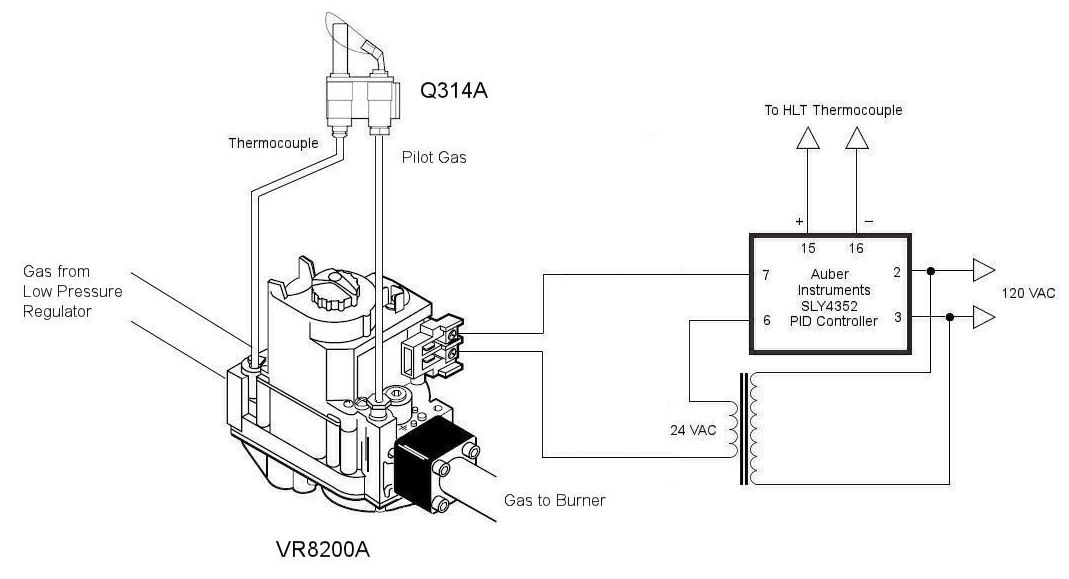Unventing a vented gas water heater.
First off, I do not recommend anyone actually do this!
As some of you may already know, I have the gas valve on the water heater set to pilot and that alone provides me with enough hot water for my needs although there are times when the water isn't very hot and I have to have the shower or sink faucet all the way to hot.
The pilot light on a storage tank water heater puts out about 800 btu/h which is a ball park average as different sources vary.
Recently, I did some google searching on this and found that many people have been doing the same for some time now so it's nothing new.
A few of these people discussed that if the old time ovens with their standing pilots did not need to be vented, then the water heater with a standing pilot shouldn't be either. As long as the gas valve was left in pilot only! So these folks said that they put in restrictions in the flue or removed the flue altogether so as to reduce the amount of heat going right out the flue rather then heating the water.
So I thought I'd give this a try myself. I removed the 3 inch flue and capped the hole in the chimney with a pop can wrapped in used aluminum foil. I then removed the draft hood and saw that there was a baffle inside the flue section of the water heater itself. Using tin snips, I cut 4 1/2 wide slots in a empty diced tomato can that I had removed the paper from and washed and put that down inside the water heater flue but not all the way so the fumes can escape thru the top of the slots I had cut. The cut slots allowed me to leave the baffle in place. I placed the draft hood back in position but not the flue.
By the following day, I noticed the water was much hotter.
However, as I said in the beginning, I do not recommend that anyone try this. Any gas appliance that is designed to be vented should be properly vented.
NYC_SKP
(68,644 posts)Then you should be good. But I don't know from your description that you've accounted for that.
How much air infiltration you allow has an impact; it's good to have some exchange between outdoors and indoors and in the best scenarios this can be done without significant thermal loss.
Be safe!
Kaleva
(36,259 posts)So I'm not worried about carbon monoxide buildup but I do have a very expensive carbon monoxide detector at the other place which I'll get and take then take readings down in the basement where the water heater is located. My guess is that the readings will be negligible but it would be best to be on the safe side.
As long as it's just me here, this ought to be okay. I'll have more hot water for no extra cost and the blocking off the 3 inch hole in the chimney reduces the amount of cold air coming down the chimney into the basement.
kristopher
(29,798 posts)Say there is a brief interruption in supply and the flame goes out but the gas comes back on. I'd be concerned about the possibility of an explosion.
NYC_SKP
(68,644 posts)The valve shuts off gas to the pilot if the flame goes out.
